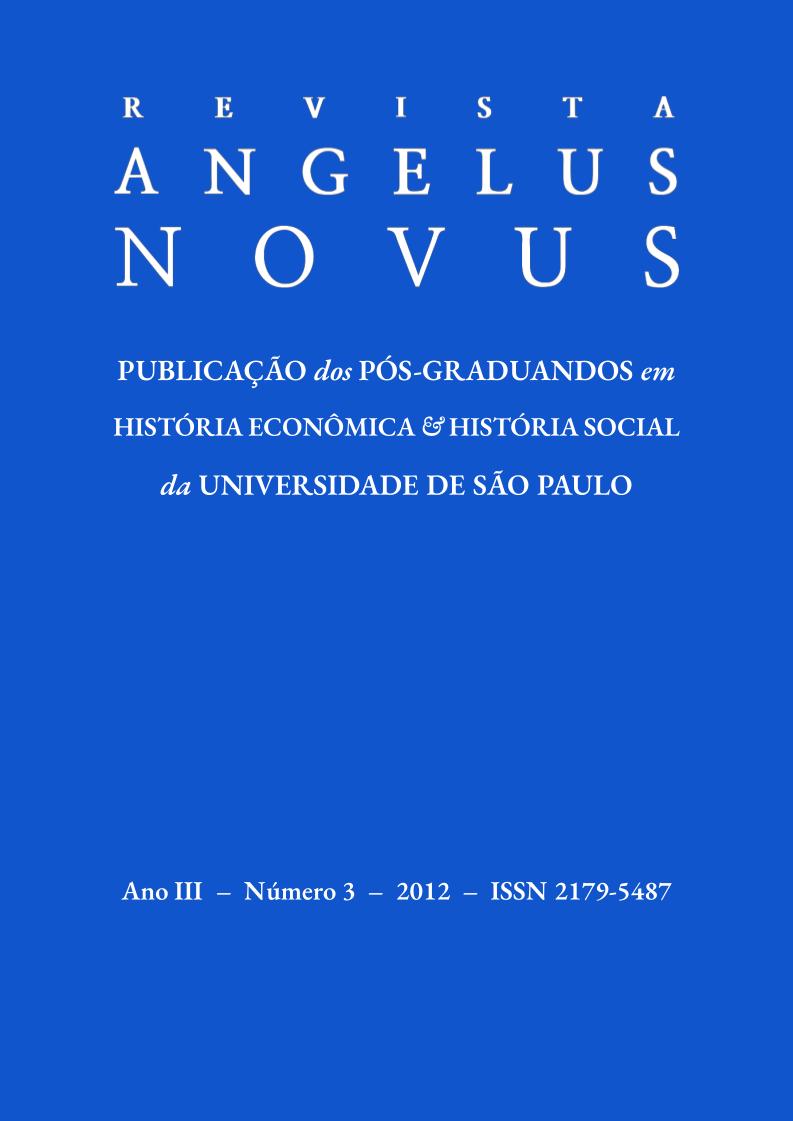Sustentabilidade religiosa e ambiental
as possibilidades da Umbanda
DOI:
https://doi.org/10.11606/ran.v0i3.99006Palavras-chave:
Umbanda, Modernidade, Gestão do Território, Identidade, SustentabilidadesResumo
A Umbanda, através de seus ritos e símbolos em reuniões coletivas, promove uma integração, no plano mítico, entre todas as categorias sociais. Ao forjar a identidade umbandista, como prática social e cultural, essa religião sincrética e moderna pode manter viva a esperança de grupos marginalizados em ocupar espaços de prestígio social e criar modelos de convívio que primam pelas sustentabilidades, através da transposição do significado da natureza, de acidente geográfico, como portadora de valores culturais para a criação de um possível espaço social mais solidário. A partir da compreensão de que a RMRJ expressa pluralidade de sentidos, interrelações entre as diversas dimensões das práticas espaciais e sua aproximação com as práticas culturais, demonstra-se como a Umbanda expressa potenciais mecanismos de transformação das condições socioambientais vigentes que, por sua vez, pode deslanchar um novo paradigma de educação ambiental no âmbito da gestão do território.Downloads
Os dados de download ainda não estão disponíveis.
Downloads
Publicado
2012-05-14
Edição
Seção
Dossiê temático: Cultura, religião e sacralidade
Licença
1. Proposta de Política para Periódicos de Acesso Livre
Autores que publicam nesta revista concordam com os seguintes termos:
- Autores mantém os direitos autorais e concedem à revista o direito de primeira publicação, com o trabalho simultaneamente licenciado sob a Creative Commons Attribution License que permitindo o compartilhamento do trabalho com reconhecimento da autoria do trabalho e publicação inicial nesta revista.
- Autores têm autorização para assumir contratos adicionais separadamente, para distribuição não-exclusiva da versão do trabalho publicada nesta revista (ex.: publicar em repositório institucional ou como capítulo de livro), com reconhecimento de autoria e publicação inicial nesta revista.
- Autores têm permissão e são estimulados a publicar e distribuir seu trabalho online (ex.: em repositórios institucionais ou na sua página pessoal) a qualquer ponto antes ou durante o processo editorial, já que isso pode gerar alterações produtivas, bem como aumentar o impacto e a citação do trabalho publicado (Veja O Efeito do Acesso Livre).
Como Citar
Morais, M. A. (2012). Sustentabilidade religiosa e ambiental: as possibilidades da Umbanda. Revista Angelus Novus, 3, 156-175. https://doi.org/10.11606/ran.v0i3.99006






